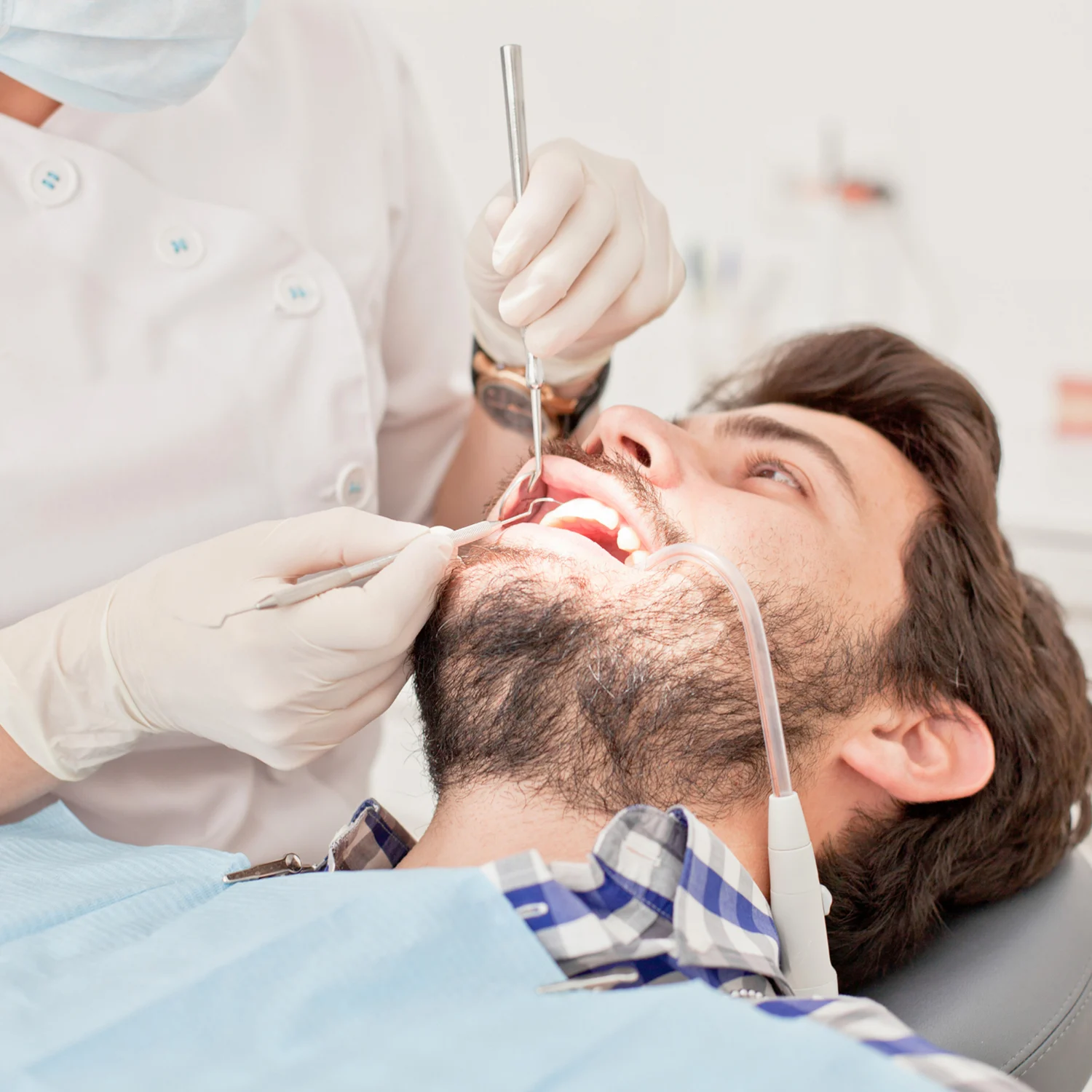Dental Exam Cuffley
A dental exam is a routine check-up performed by a dentist to assess the overall health of your teeth, gums, and mouth. During the exam, the dentist checks for signs of cavities, gum disease, oral cancer, and other dental issues. X-rays may be taken to detect problems not visible to the naked eye, such as tooth decay between teeth or issues below the gumline. Regular exams are typically recommended every six months to catch problems early and maintain long-term oral health.
In addition to diagnosing issues, dental exams often include a professional cleaning by a dental hygienist, who removes plaque, tartar, and stains from the teeth. This helps prevent gum disease and tooth decay while keeping your smile bright and healthy. Dental exams also provide an opportunity for patients to ask questions about their oral care routine, receive personalized advice, and plan any necessary treatments or procedures.

Benefits Of Treatment
- Early Detection of Problems: Dental exams help catch issues like cavities, gum disease, and oral cancer early, when they are easier and less costly to treat.
- Professional Cleaning: Removing built-up plaque and tartar during the exam helps prevent tooth decay, bad breath, and gum disease.
- Personalized Oral Health Guidance: Dentists provide tailored advice on brushing, flossing, diet, and other habits to support long-term dental health.
- Prevention of Future Dental Issues: Regular exams help identify and address small problems before they become more serious, reducing the need for complex or expensive treatments later on.

Send Us An Enquiry
Frequently Asked Questions
How often should I get a dental exam?
Most dentists recommend a dental exam every six months, but some individuals with specific conditions may need more frequent visits.
Does a dental exam hurt?
No, a dental exam is usually painless. You may feel slight discomfort during cleaning if you have sensitive gums, but it’s generally mild and temporary.
What’s included in a dental exam?
A typical dental exam includes a visual inspection of your teeth and gums, X-rays if needed, a professional cleaning, and advice on oral care.
Why are X-rays sometimes taken during an exam?
X-rays help detect hidden problems such as cavities between teeth, bone loss, or impacted teeth that can’t be seen with a visual exam alone.
Can I eat before a dental exam?
Yes, you can eat beforehand, but it’s best to brush your teeth afterward so your dentist can perform a clean and accurate evaluation.










